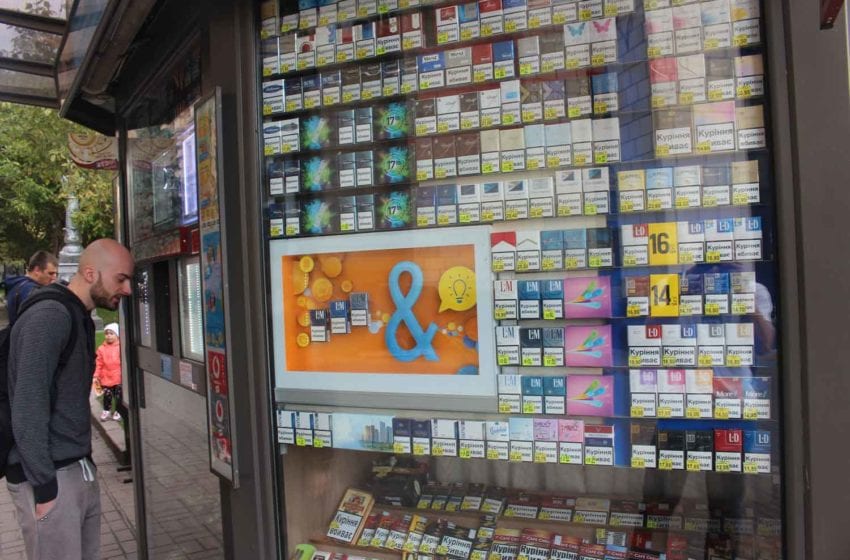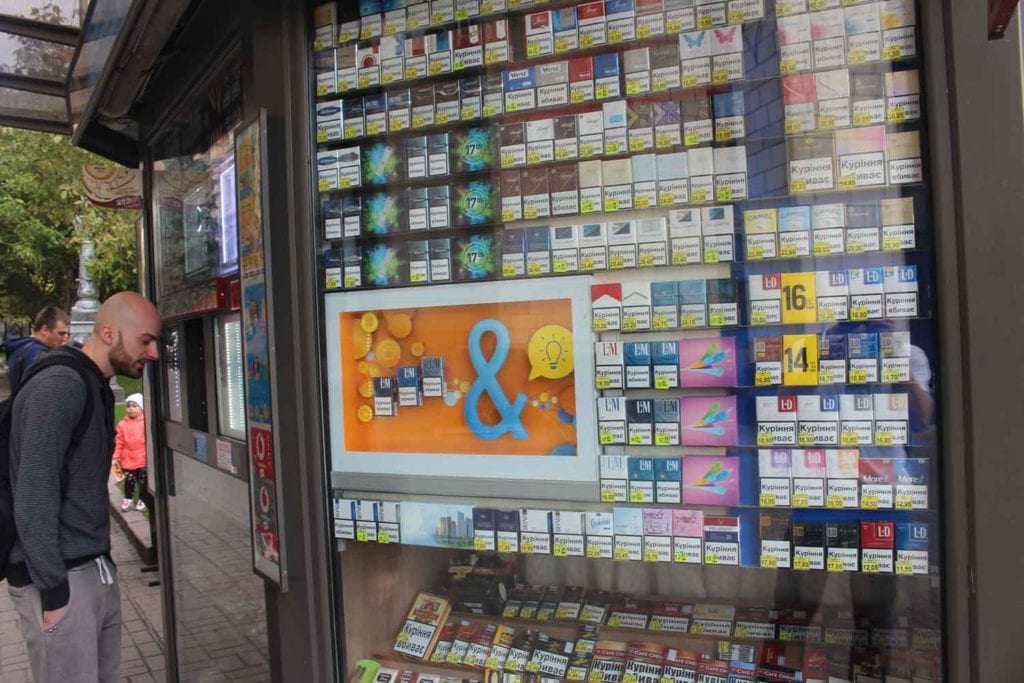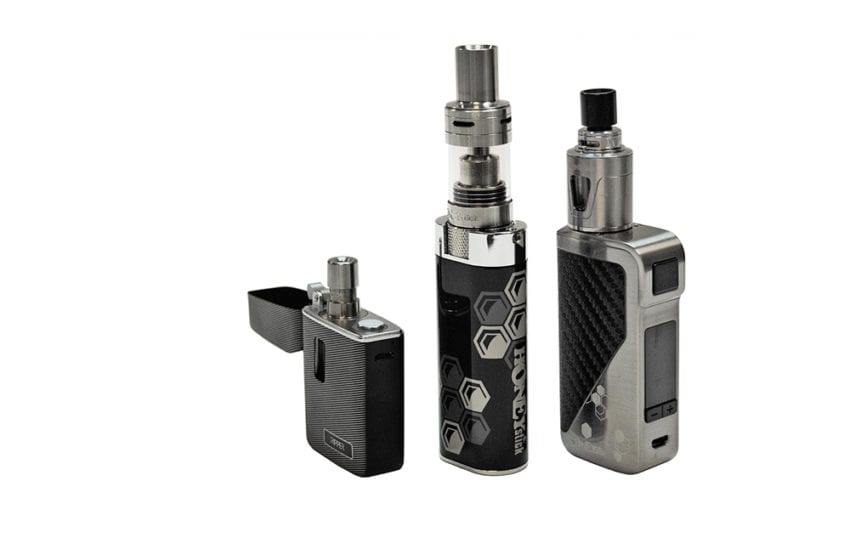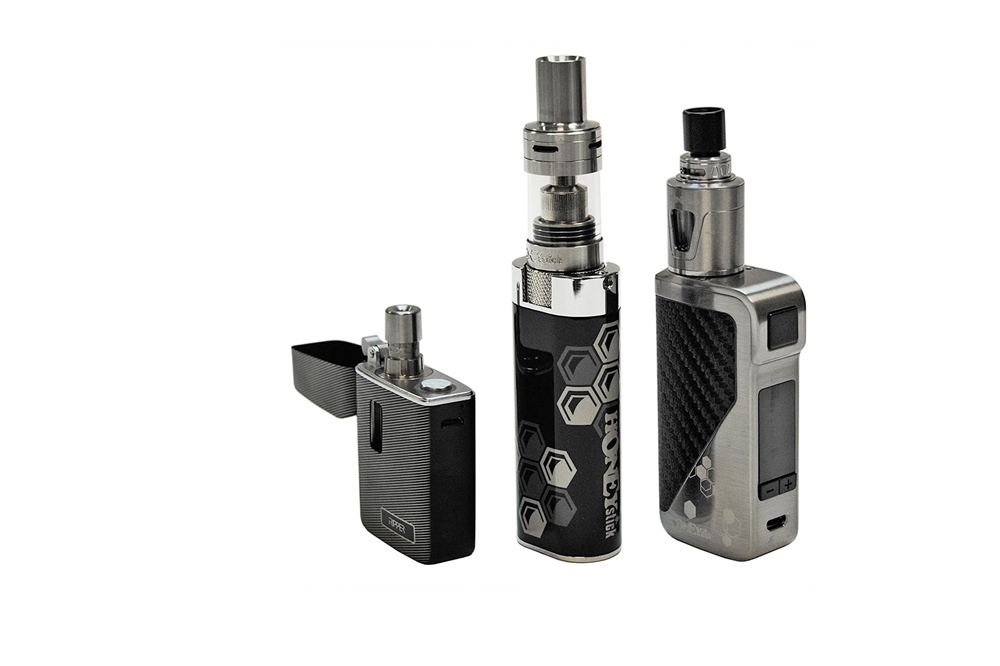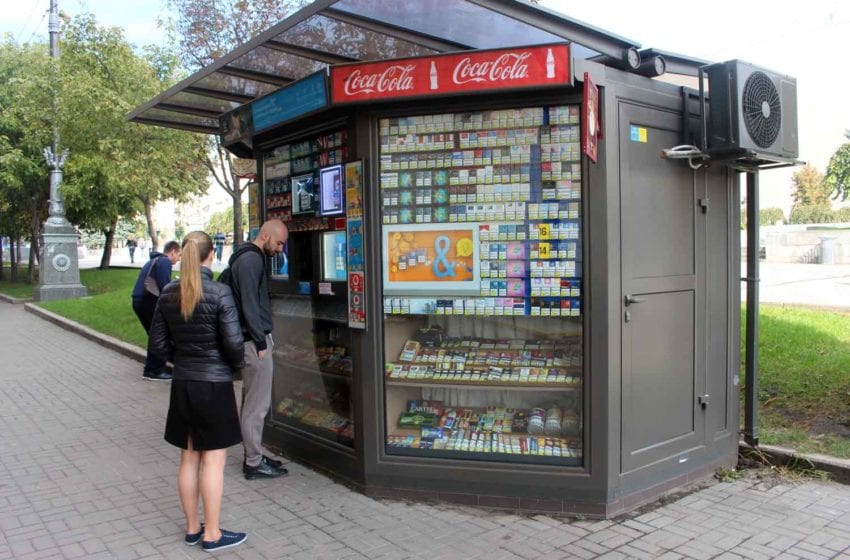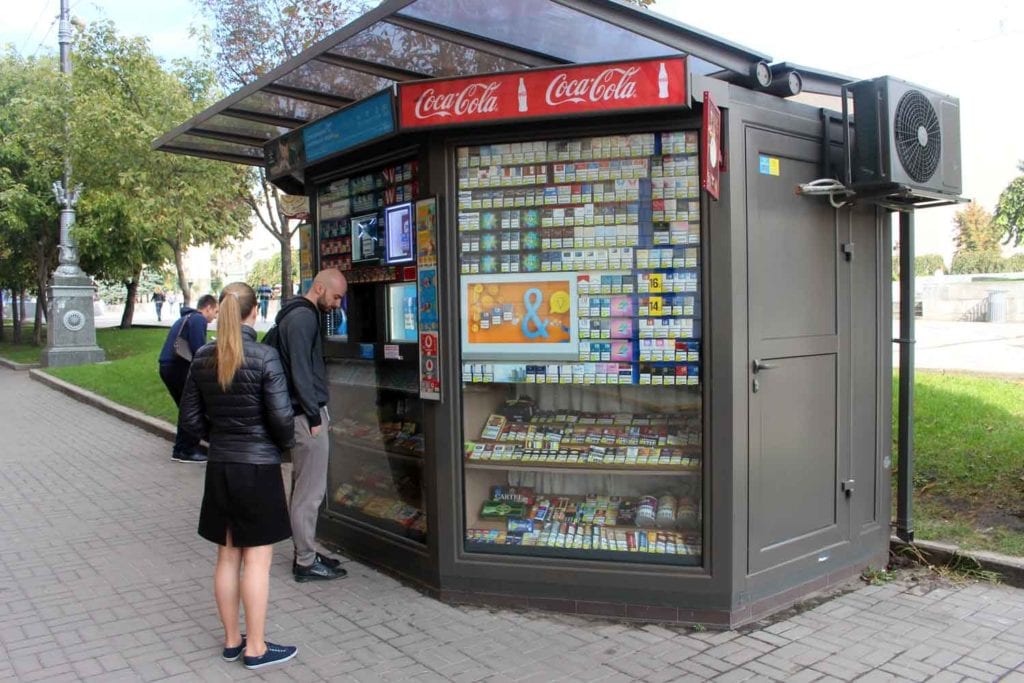The Western Cape High Court has granted South African Minister Nkosazana Dlamini-Zuma permission to appeal the ruling that last year’s lockdown ban on tobacco sales was unconstitutional and invalid.
However, the court indicated that the minister’s prospects of success are slim in terms of the applicants’ constitutional law arguments.
From March to August 2020, the government prohibited sales of tobacco products and alcohol to help stem the spread of the coronavirus. Market leader British American Tobacco South Africa (BATSA) and smaller companies united in the Fair-Trade Independent Tobacco Association (FITA) challenged the ban, arguing that a short-term ban on a product whose health risks become evident only in the long run makes no sense.
They also questioned the rationale of the argument around cigarette sharing. Tobacco shortages and high prices of black market cigarettes would only increase the likelihood of smokers sharing their “stompies,” the tobacco companies said.
The government lifted the ban before the matter had been heard in court, but BATSA decided to proceed with the court action to prevent the ban from being reintroduced at a later stage of the pandemic.
On Dec. 11, the High Court ruled that South Africa’s ban on tobacco sales during the country’s hard lockdown earlier this year was unconstitutional.
“BATSA and our nine co-applicants had a resounding success in December with a strong judgment delivered in our favor,” said Johnny Moloto, the general manager of BATSA, in a statement. “Based on the strength of the High Court’s findings, we are confident that the Supreme Court of Appeal will uphold the Western Cape’s judgment and rule in our favor.”
BATSA said that, instead of taking futile challenges to the Supreme Court, the government should immediately ratify the global Illicit Trade Protocol that has been sitting on its desk for close to a decade and roll out a compliant tobacco track-and-trace system.
“Despite our confidence in the success of our case, we think the government would be wiser allocating its resources to combating the illicit trade in cigarettes, which was fortified by the ban and is now running rampant across South Africa,” said Moloto.
In a press note, BATSA said it supports a recent call by the FITA and the South African Tobacco Organization for an investigation into the illegal trade in cigarettes.
“This is an issue of utmost national importance that is taking huge sums out of the pockets of South Africans and putting it in to the pockets of criminals every single day. It deserves a fully resourced investigation or Commission of Inquiry with real powers,” said Moloto.
BATSA expects the investigation to pay for itself by identifying the culprits behind the illegal trade, prosecuting them and shutting down the illegal market to return billions in lost taxes to South African citizens.







